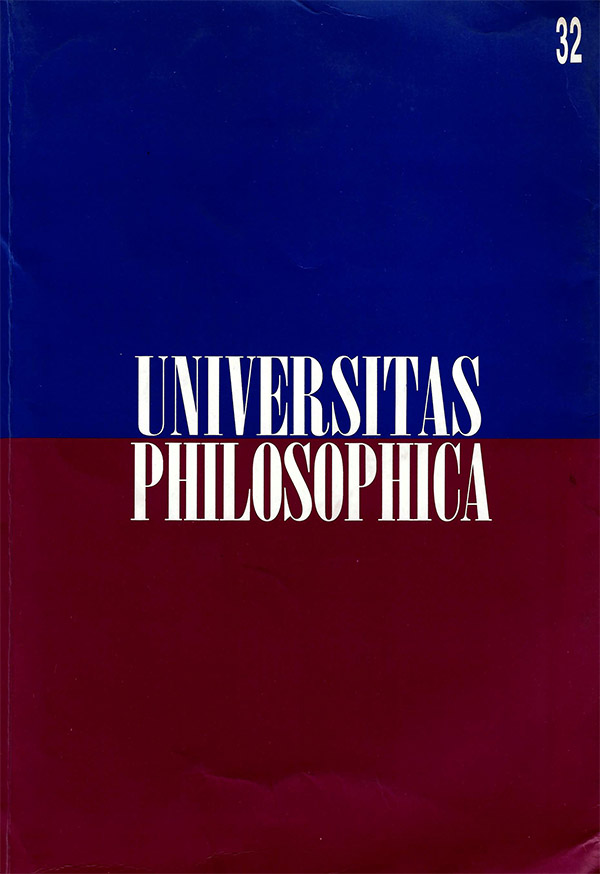Abstract
The construction by Hilary Putnam of a pathway between metaphysical realism (and its different versions) and relativism (and its different versions); its problematic formulation in his early so called internal realism and its last one, the natural realism or common sense realism with the corresponding arguments as expresed in Dewey Lectures of 1994 are presented and critically evaluated in this paper. The author'squestion: "Does this kind of realism (natural or common senserealism) do justice to our claims of knowledge of reality, avoiding the problems of internal realism?" is answered negatively. One principal reason to do this is that it is not necessary to take internal realism as the expression of anantinomy to be overcome at any price. For a reflexive mind, the natural realism is not the last word. There are questions for which the dichotomy metaphysical realism/relativism returns.This journal is registered under a Creative Commons Attribution 4.0 International Public License. Thus, this work may be reproduced, distributed, and publicly shared in digital format, as long as the names of the authors and Pontificia Universidad Javeriana are acknowledged. Others are allowed to quote, adapt, transform, auto-archive, republish, and create based on this material, for any purpose (even commercial ones), provided the authorship is duly acknowledged, a link to the original work is provided, and it is specified if changes have been made. Pontificia Universidad Javeriana does not hold the rights of published works and the authors are solely responsible for the contents of their works; they keep the moral, intellectual, privacy, and publicity rights.
Approving the intervention of the work (review, copy-editing, translation, layout) and the following outreach, are granted through an use license and not through an assignment of rights. This means the journal and Pontificia Universidad Javeriana cannot be held responsible for any ethical malpractice by the authors. As a consequence of the protection granted by the use license, the journal is not required to publish recantations or modify information already published, unless the errata stems from the editorial management process. Publishing contents in this journal does not generate royalties for contributors.


